I think of wild birds as Nature’s Ambassadors. Along with their musical songs and aerial grace, they also benefit the world behind the scenes. From helping to keep insect and rodent populations in check to helping plants, shrubs, and trees by distributing the seeds, birds benefit the world. Their populations are decreasing quickly now, and each of us can do something to help. Please note some resources I’ve listed under “Conservation – Organizations.” The National Audubon Society and The Cornell Lab of Ornithology offer extensive support.
Tips to help: Even birds that are seed-eaters feed their young insects for high protein — so avoiding pesticide use around the home and garden will help the birds’ health. Leave seed heads standing in your garden through the winter, especially the seed heads of native plants. In winter, feed resident seedeaters with seeds (we use black oil sunflower) & suet. Clean feeders & birdbaths regularly for disease prevention. Plant perennials that are native to your area. Keep hummingbird feeders clean & clear from mold, ants & bees. If you have birdhouses, read about the proper sizes & care of them. Lean about ways to discourage Cowbirds, English Sparrows, and Starlings, as they are hard on songbird populations. It’s a win-win situation — birds are fun to watch, eat insect pests in gardens, and fill the air with birdsong.
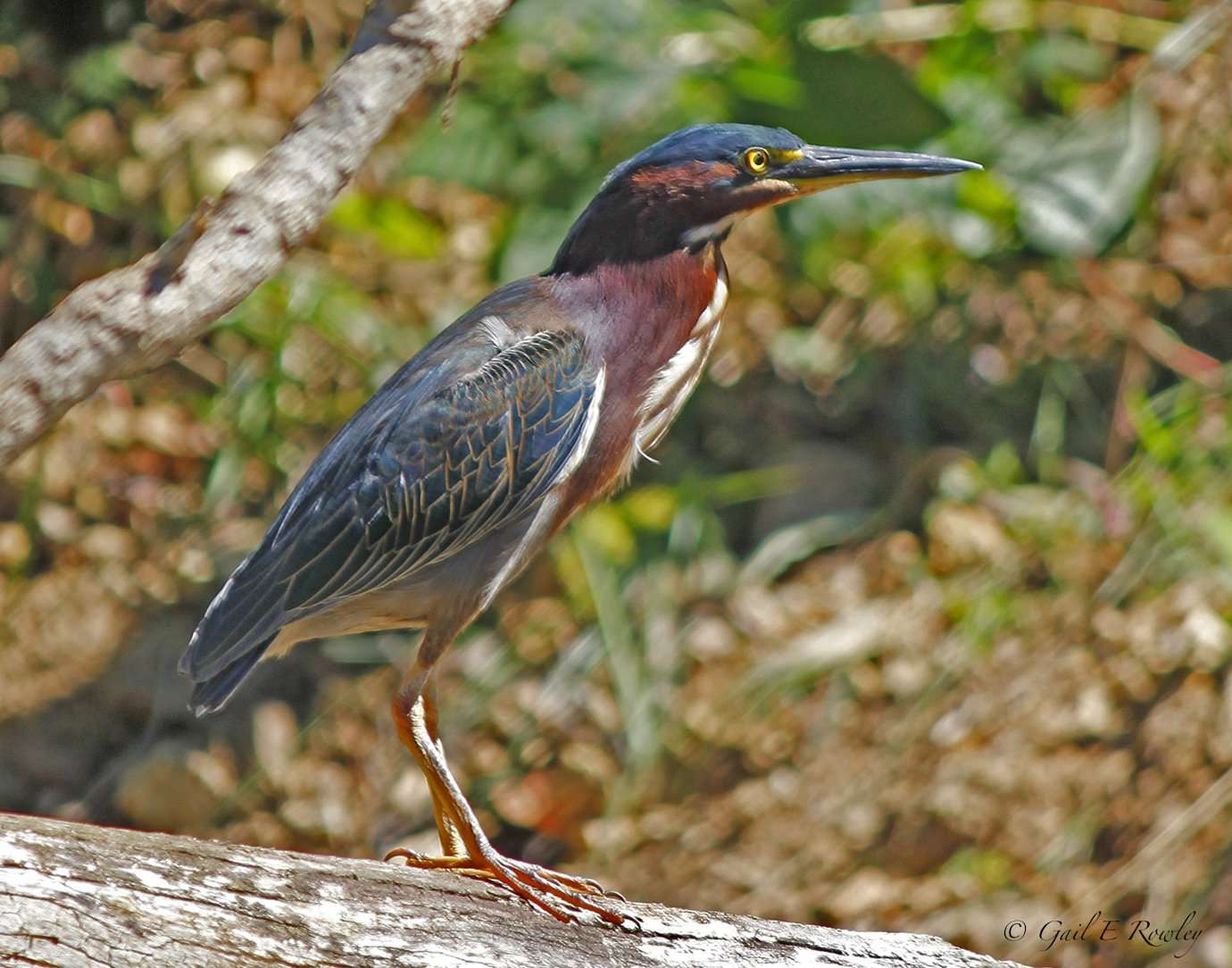
Green-backed Heron

Songbirds in Snowstorm
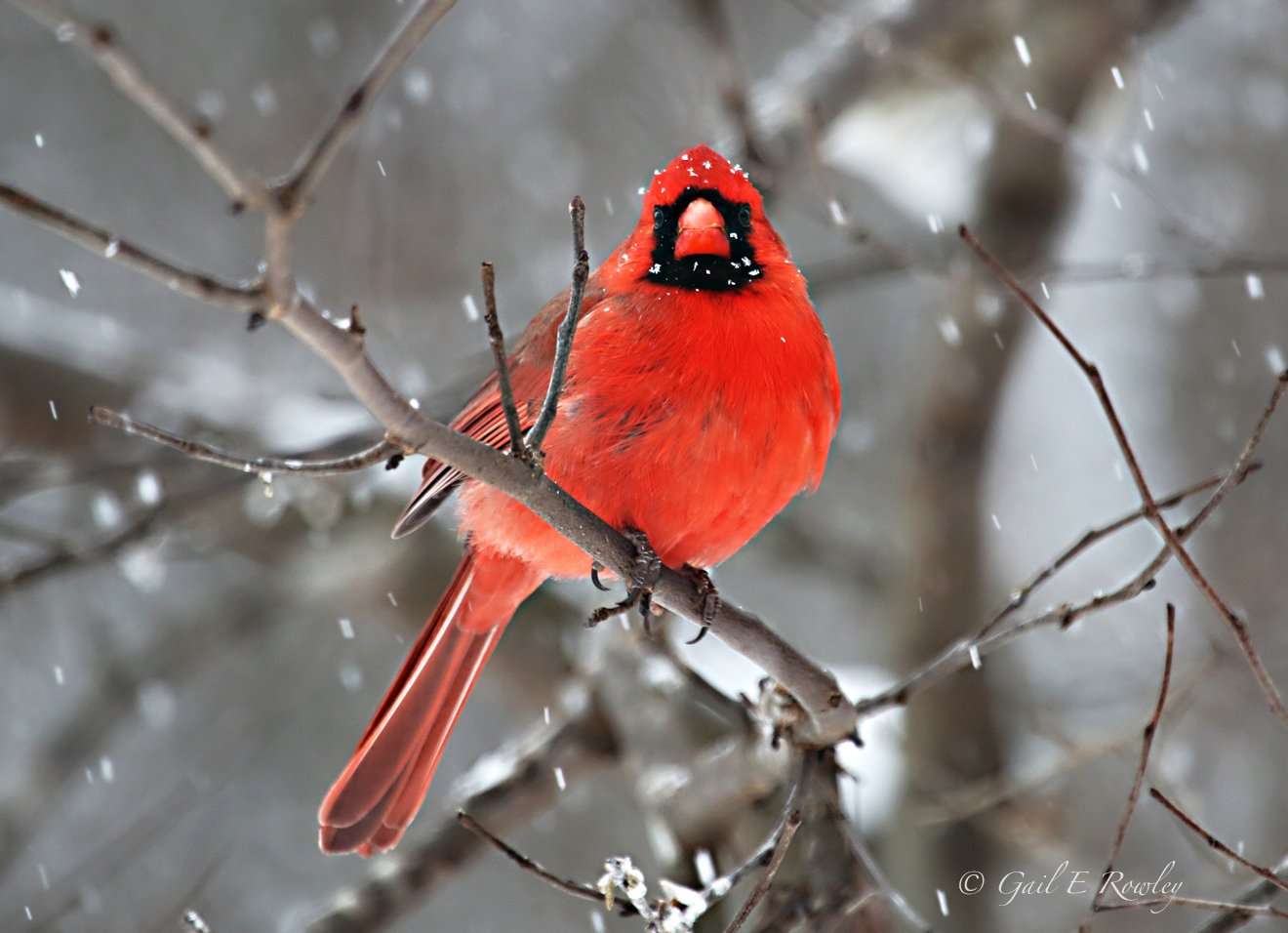
Male Cardinal
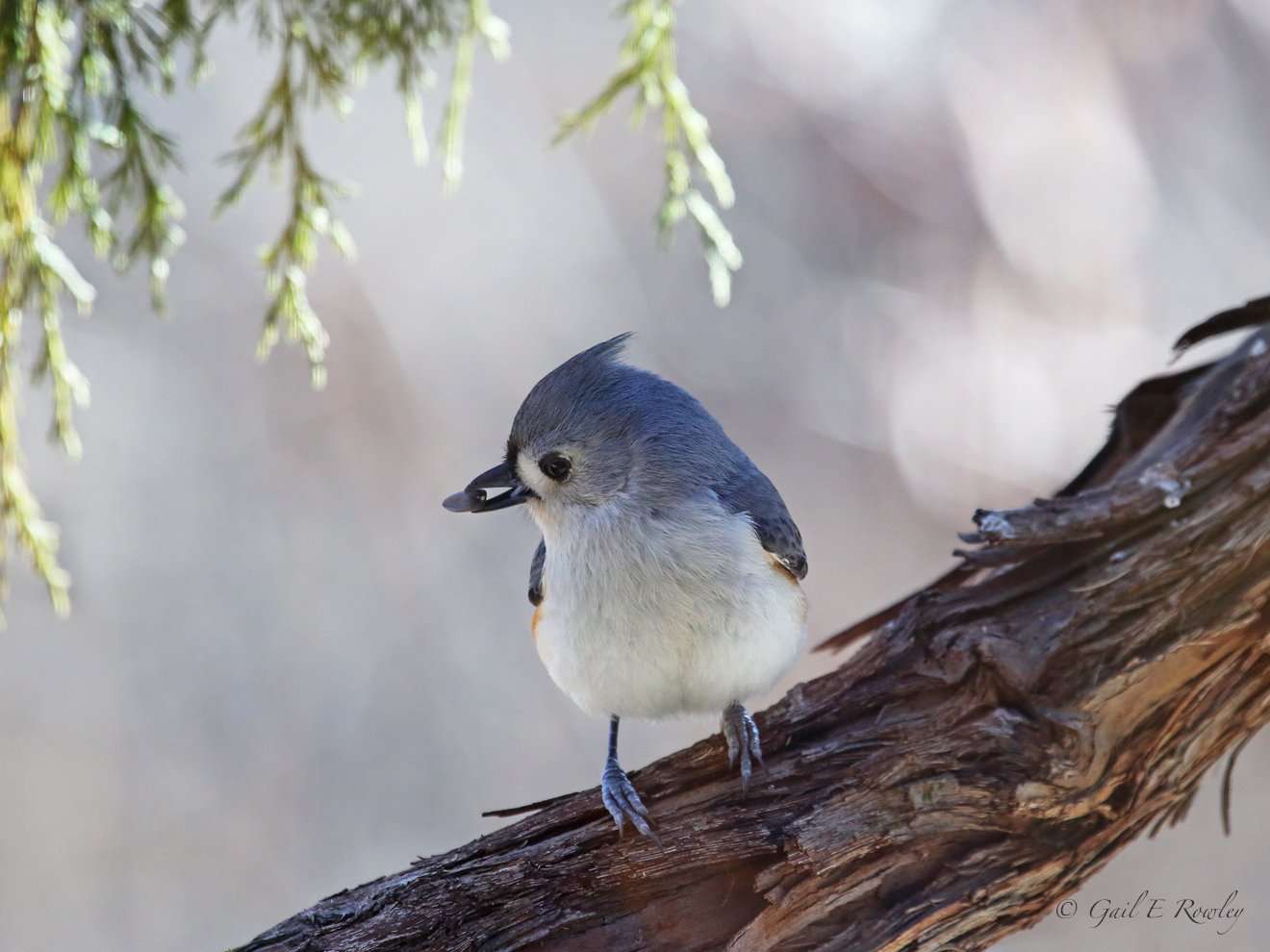
Tufted Titmouse Holds Seed
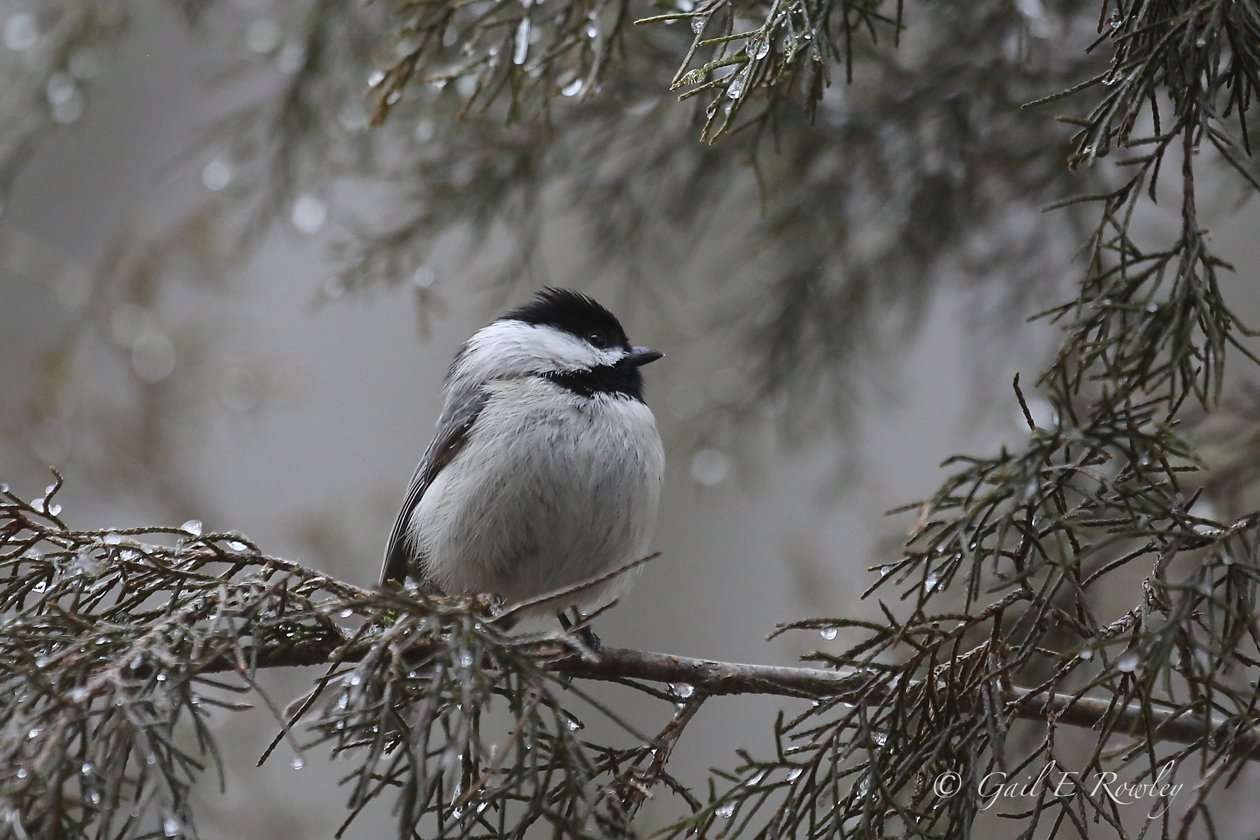
Carolina Chickadee in Winter
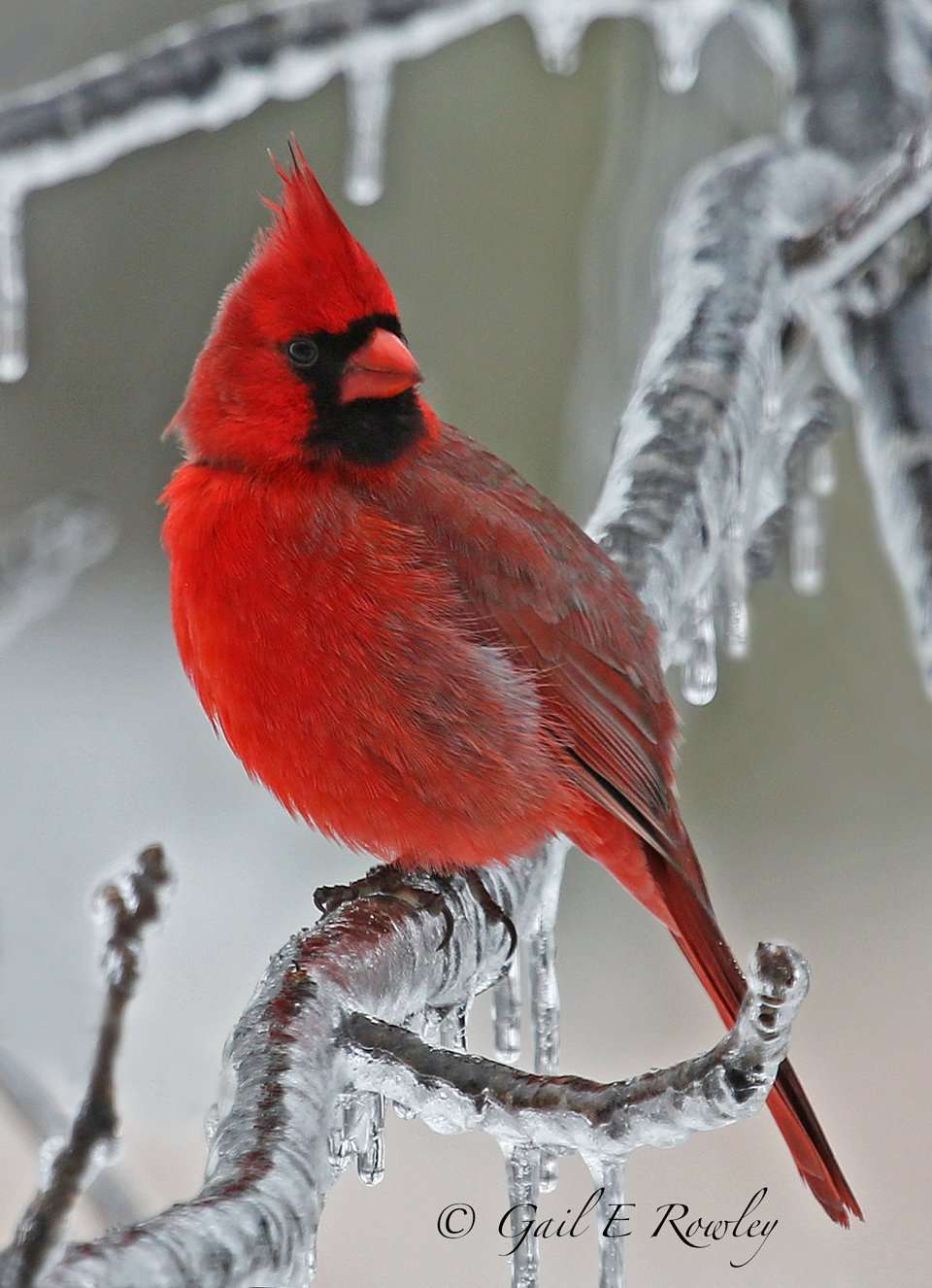
Male Cardinal in Winter – Note Card in “Celebrate Nature 6” Box Set
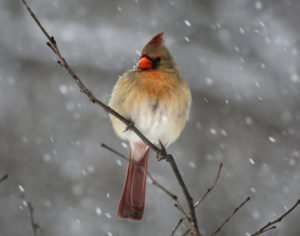
Female Cardinal in Snow
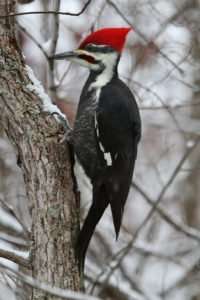
Male Pileated Woodpecker
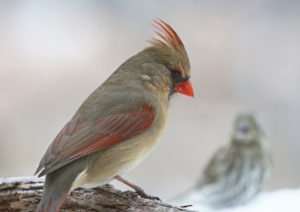
Female Cardinal Winter
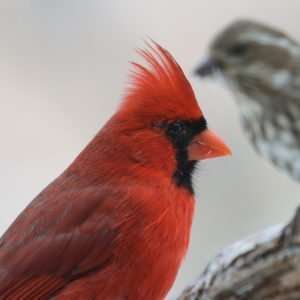
Male Northern Cardinal
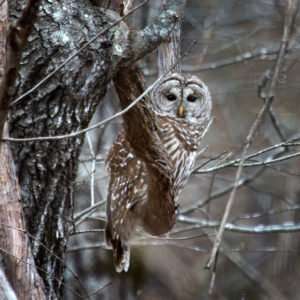
Barred Owl
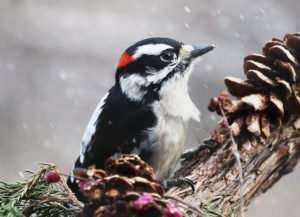
Male Downy Woodpecker – Note Card in “Celebrate Nature” Box Sets
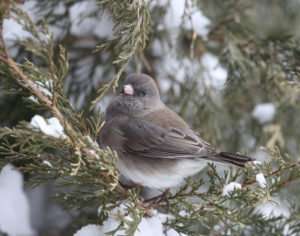
Female Dark-eyed Junco
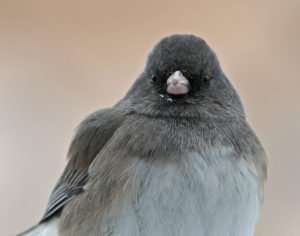
Male Dark-eyed Junco
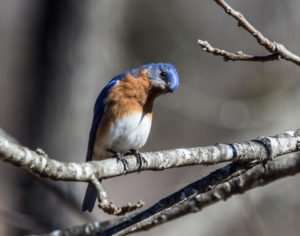
Eastern Bluebird Looks
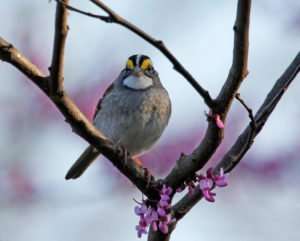
White-throated Sparrow
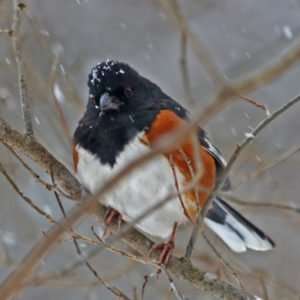
Eastern Towhee Looks
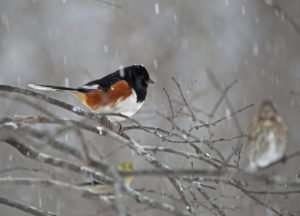
Eastern Towhee
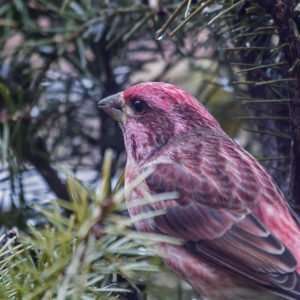
Male Purple Finch
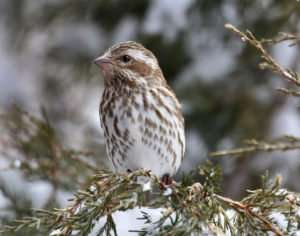
Female Purple Finch
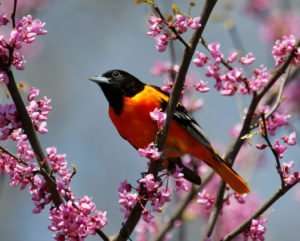
Male Baltimore Oriole
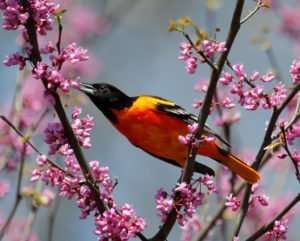
Oriole Takes Blossom
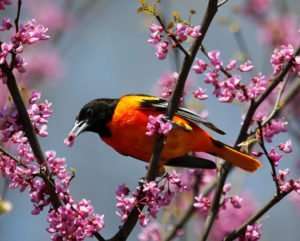
Baltimore Oriole Likes Nectar – Note Card in “Celebrate Nature” Box Sets
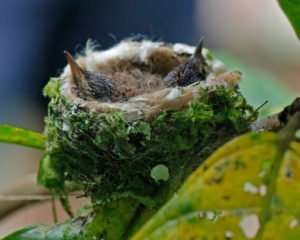
Baby Hummingbirds
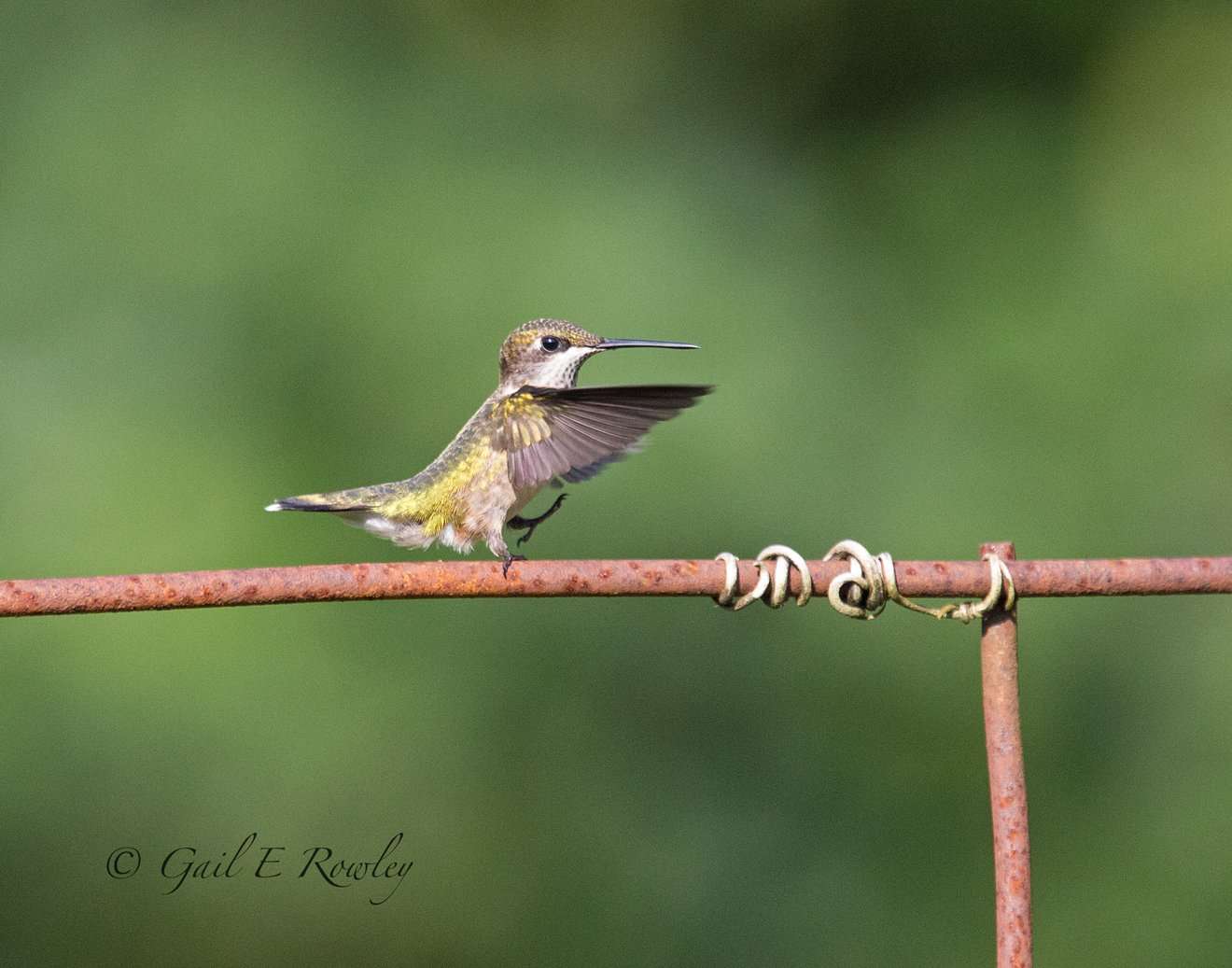
Hummingbird Dancing on Fence
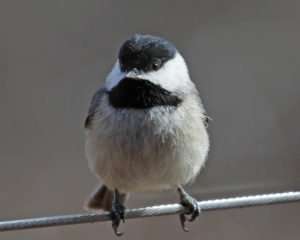
Black-capped Chickadee
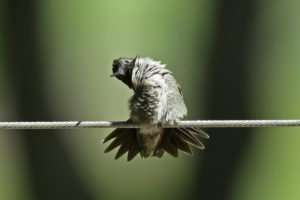
Hummingbird Grooms
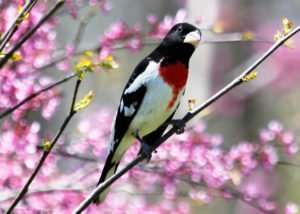
Male Rose-breasted Grosbeak – Note Card in Celebrate Nature 16-Card Box Set
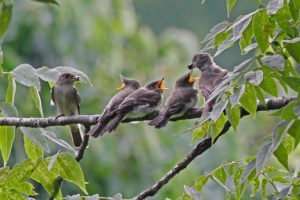
Eastern Wood Pewees
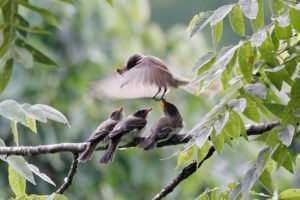
Meal From Above
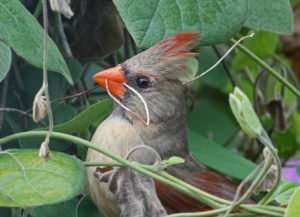
Female Cardinal Nesting
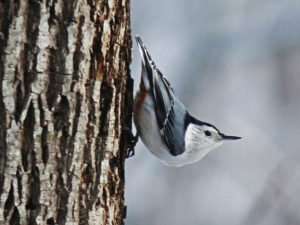
Little Nuthatch – Note Card in Wings in the Wild Box Set
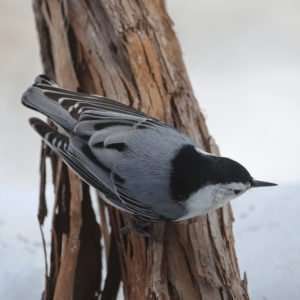
White-breasted Nuthatch
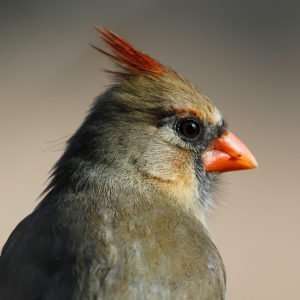
Northern Cardinal Female
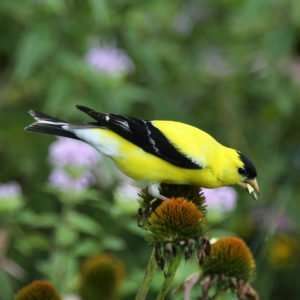
American Goldfinch
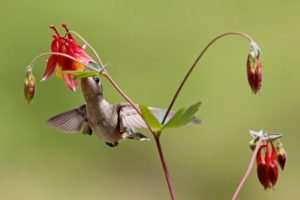
Hummingbird on Columbine
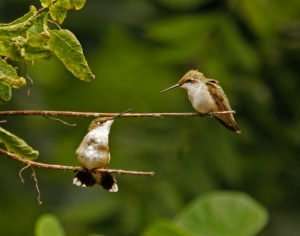
Hummingbird Siblings
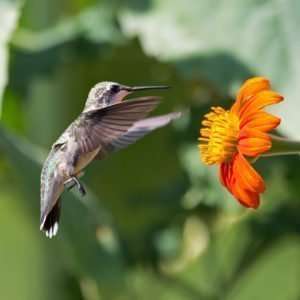
Treading Air for Nectar
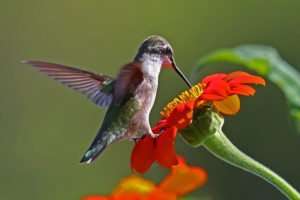
Hummingbird on Mexican Torch
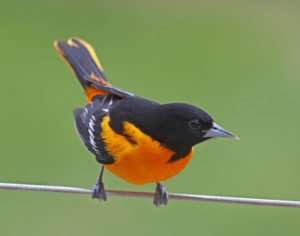
Male Baltimore Oriole – Note Card in Celebrate Nature 8-card Box Set
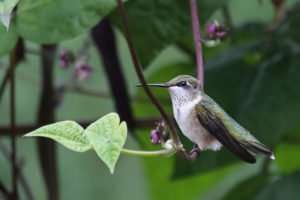
Immature Male Hummingbird
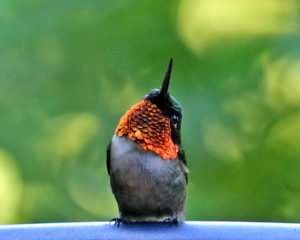
Ruby-throated Hummingbird Sits – Note Card in Celebrate Nature 8 & 16-Card Box Set
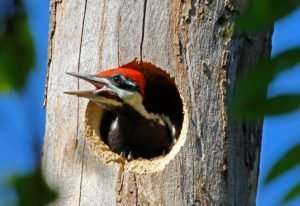
Ready to Fledge – Note Card in Wings in the Wild Box Set
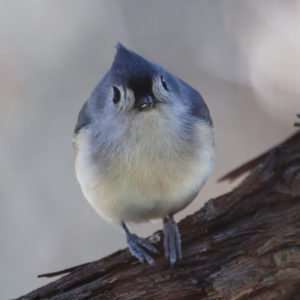
Tufted Titmouse
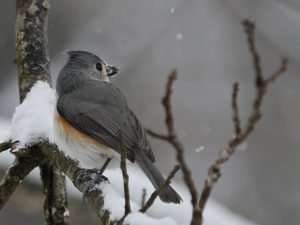
Tufted Titmouse in Snow
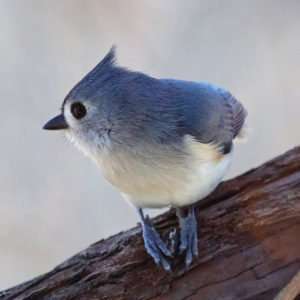
Holding Seed with Feet
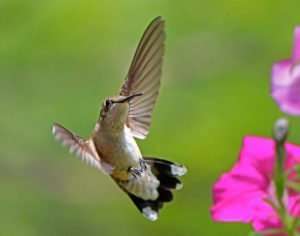
Wing Dancer – Note Card in Wings in the Wild Box Set
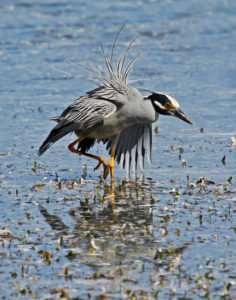
Yellow-crowned Night Heron
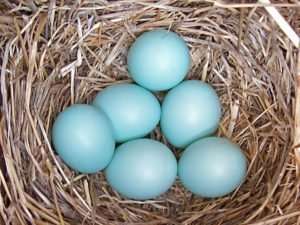
Eastern Bluebird Eggs
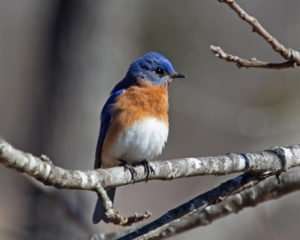
Male Eastern Bluebird
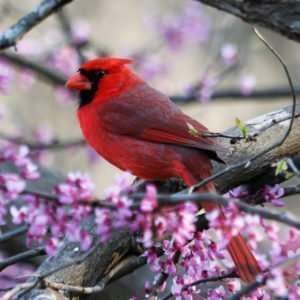
Male Cardinal on Redbud
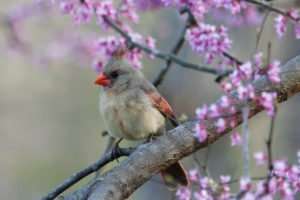
Female Cardinal in Spring
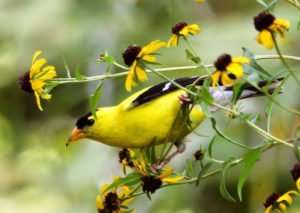
American Goldfinch Eats Seeds – Note Card in Wings in the Wild Box Set
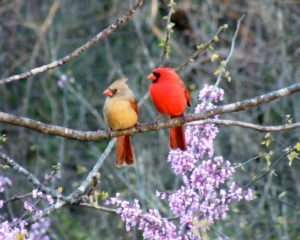
We’re Together – Note Card in Wings in the Wild Box Set
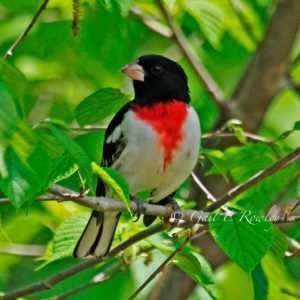
Male Rose-breasted Grosbeak in May
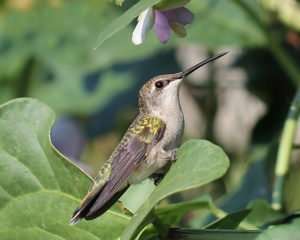
Hummingbird Rests
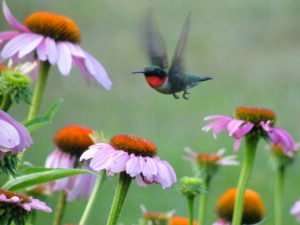
Where Do I Start this Feast? Note Card in Wings in the Wild Box Set
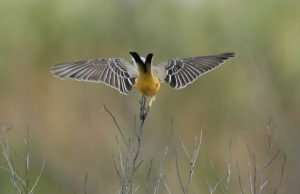
Scissor-tail Flycatcher Juvenile


























































